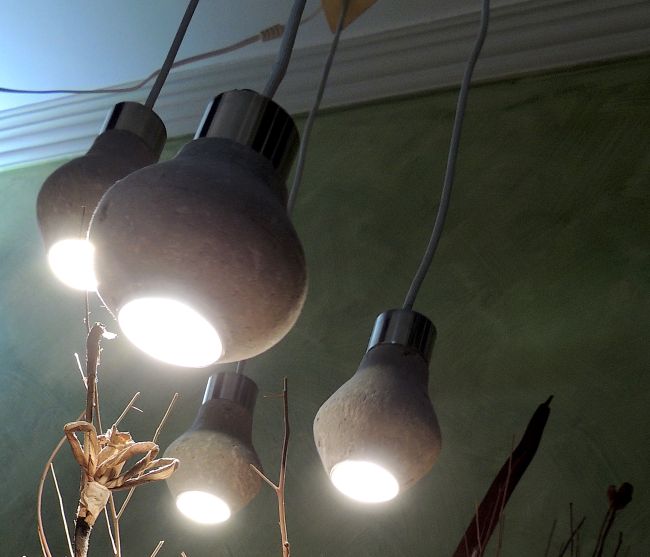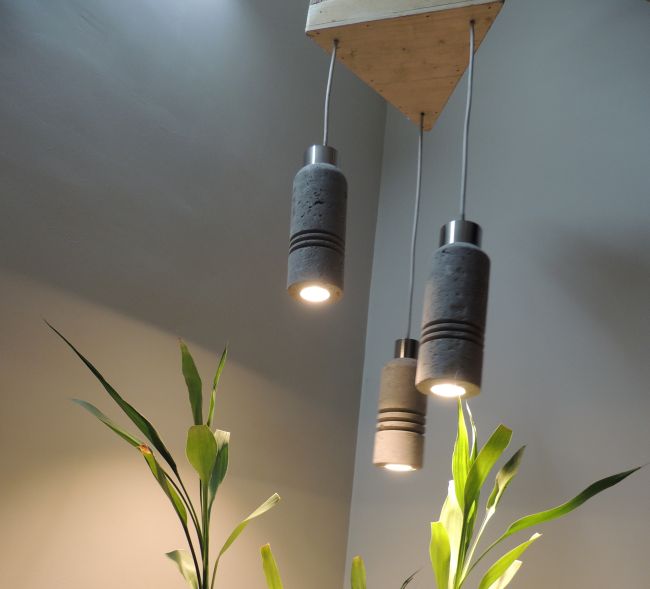‘Waste is not useless, it is an asset,’ with this as his mantra, an innovator and social entrepreneur from Gujarat, Binish Desai started his crusade for a Swachh India. He was just 11-year-old when Binish prepared the first prototype of the bricks made out of waste. Today, the waste warrior has successfully built more than 1,000 toilets across India using his eco-friendly bricks and benefitted around 3,000 people. Now he is lighting the world through his green lights and lamps. What’s interesting is that he has done all this simply by recycling and using industrial and other waste which otherwise would have added to the already overflowing piles in the country’s landfills.
Do you know the true meaning of Swachh Bharat Abhiyan? Does it simply mean cleaning roads and not littering? Not at all! Swachh Bharat Abhiyan also includes management of waste – your waste, my waste and our country’s waste. India produces tonnes of industrial waste and other types of waste on a regular basis. And, every day a major portion of all this waste ends up going to our dying, overfilled landfills. If we want to fulfill the dream of Prime Minister Narendra Modi and Gandhiji by 2019, then we better start taking waste management seriously. Through my innovations, I aim to spread just that, says Binish Desai, Founder of Eco Eclectic Technology that aims to find solutions through recycling waste and making sustainable products.
All About The Innovations
Binish is working on 40 innovations out of which 24 are already out in the market. Till now he has designed products like artificial wood using textile, paper and plastic waste that can be used for flooring or home décor purposes, cost-effective bricks and lighting solutions.
The P-Blocks Bricks

These are paver blocks that are used to build pavements along the roads. These are crafted from metal, construction and demolition waste
Binish designed P-block bricks using the waste materials produced by paper mills and used the bricks to create sustainable rural infrastructure like roads and houses in the villages. Till now he has recycled more than 400 tonnes of industrial waste. In terms of benefits, P-blocks are eco-friendly, cost effective, pest resistant, fire retardant, suitable for earthquake-prone regions, and these have a higher strength. What’s more, these can also be used as a substitute for wood, cement, and concrete.
The bricks are made by the hand press method, using paper sludge and the key ingredient used in making P-Blocks bricks comes from the specially formulated gum base which is prepared using the industrial waste. This gum then binds the brick together and gives it high durability.
Building Bricks To Lighting Solutions
Binish Desai recently launched his new waste innovation and that is lamps and chandelier made out of trash. Currently, he is experimenting with different types of waste in order to make more of these products. The recently launched lights are available in eight different models and are majorly made from secondary paper sludge waste.
Also Read: Playgrounds For Children From Scrap Tyres, 5 IIT Students Came up With This Idea To Recycle Waste
“I thought of making lamps and chandelier through waste because I wanted to spread light in the right and green direction,” said Binish.
No two lamps in the chandelier are same, since they are made using trash and are handmade. If you will see the lamp, you will see the hand prints of the workers, we have especially kept that untouched to give it a vintage look and to make people aware about the value of the items.
The waste crusader is also educating college and school students on the importance of waste management through a specially designed waste management course so that student can experiment with waste and find innovative solutions. Binish believes,
Start experimenting with waste, there is no way by the end of an experiment you will stay empty handed. Waste is valuable, I created this course because just as I am creating solutions for tackling waste woes of our country, if these children can come out with solutions, India’s fate can change.
Here’s a look at how Binish Desai is making a difference!

This one is called Eclectic Mini, 7 kg of secondary paper sludge has been used to make this green light
Binish who dreams of a waste free India free signs off by saying,
If 100 people like me will take a step forward and start upcycling or recycling the waste they create, we can save tons and tons of garbage that ends up clogging our ‘dying’ landfills.


































